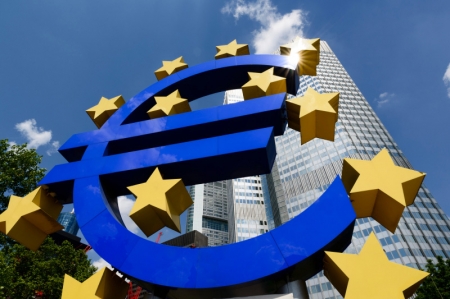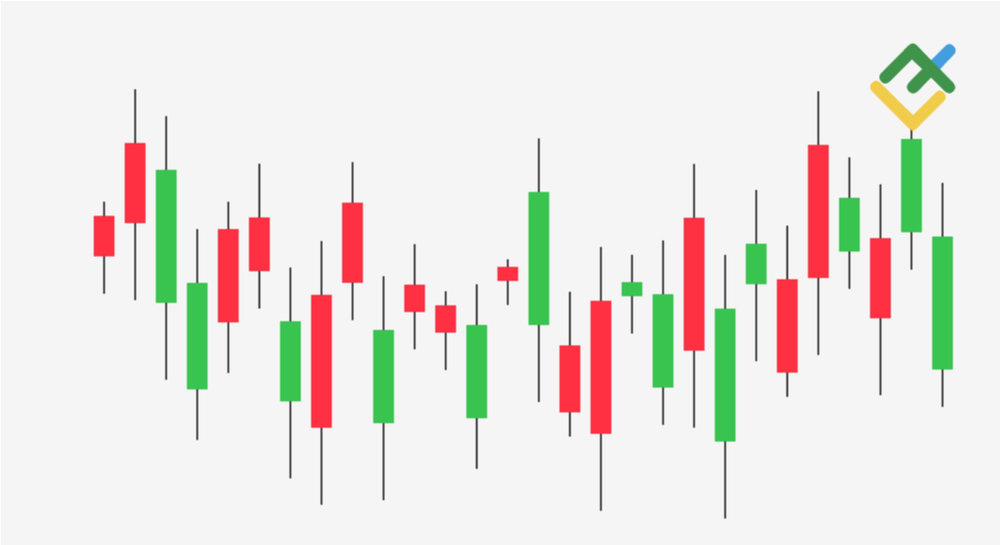
Investing.com — The European Central Bank and Bank of England will likely adopt “similar” upcoming monetary policy stances, although the BoE is tipped to take a slightly more hawkish approach, according to analysts at UBS.
In a note to clients, the analysts added the economic situation in both regions is “fairly similar, with a slight tilt toward strength in the latter and weakness in the former.”
For these reasons, they estimated that the euro-to-British pound currency pair will trade “slightly weaker” but hold steady near its current range of £0.83 to £0.85. Volatility in the currency pair, they added, will “remain supressed.”
The comments come after the Bank of England left its benchmark interest rate unchanged at 5.0% last week, with officials stating their desire to take a gradual approach to possible future policy easing following a rate cut in August.
Economists had widely expected the decision, particularly after UK consumer price growth came in at 2.2% on an annual basis last month, close to the bank’s medium-term target, but services inflation was running hot at an annual 5.6%. Price gains in the services sector are seen as a key data point for the BoE.
The prospect of potentially sticky services inflation in the UK has led many forecasters to bet that the BoE will move slower than its counterparts to roll out rate reductions.
Other indicators of price pressures have been mixed. Wage growth, another major metric watched by the BoE, has cooled and the broader economy stagnated in July.
Meanwhile, earlier in September, the European Central Bank reduced borrowing costs for the second time in three months.
The rate-setting Governing Council said it had lowered its deposit facility rate — the mechanism through which it steers monetary policy — by 25 basis points to 3.5%. In July, the ECB left its benchmark deposit rate unchanged at 3.75%, after cutting it from an all-time high of 4% in June.
Since that meeting, headline inflation in the eurozone currency area has slowed to a two-year low of 2.2%.
However, speaking in a press conference following the decision, ECB President Christine Lagarde stressed that the central bank was not “committed” to a particular rate path and will remain data-dependent prior to making future policy moves.
This post is originally published on INVESTING.




